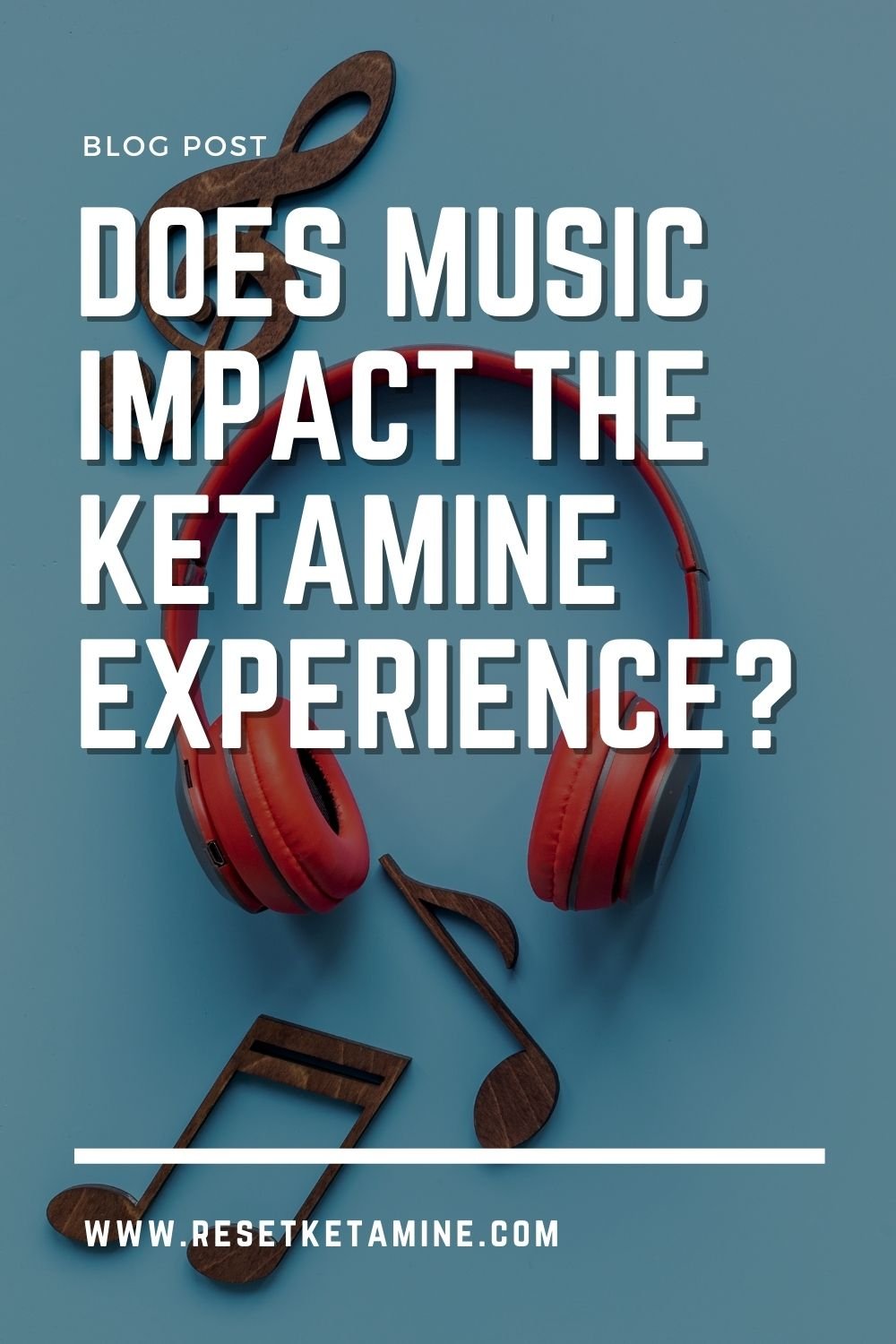Have you ever listened to a song and been moved emotionally? It might have inspired you to get up and dance, feel ecstacy, joy, or even shed tears. During a ketamine infusion, the music that is played has a powerful role in influencing the set and setting. It can actually be a therapeutic tool that can help open up memories and allow for exploration into the deep recesses of the human mind.
Music has been used as a therapeutic tool for centuries and has been shown to affect many areas of the brain, including the regions involved in emotion, cognition, sensation, and movement. Music improves concentration, athletic performance, body movement and coordination, productivity, fatigue fighter, mood and decreases depression. Relaxing music induces sleep and reduces stress and aids relaxation. Listening to music helps control negative aspects of our personalities like worry, bias and anger.
One classic study looked at patients receiving ketamine and a particular experience called emergence phenomena. Emergence phenomena is a term used to describe how a patient feels when they emerge from anesthesia. Typically, it is used to describe negative feelings and side effects from the anesthetic itself. Researchers wanted to look at the way emergence phenomena presents itself after ketamine anesthesia when music is present, and whether music has a positive, neutral or negative influence.
This study was conducted on 80 healthy patients aged 10-25 years old who were undergoing minor surgical procedures lasting less than 45 minutes. These patients were randomly divided into two groups of 40 and given intravenous ketamine (2 mg/kg with supplements of 1 mg/kg as needed) as an anaesthetic. The study group was given headphones and music of their choice before the ketamine was administered, and the control group did not listen to any music. The headphones were taken off two hours after the last dose of ketamine. Two days later both groups were given a questionnaire about their experiences.
The study group had a higher rate of dreams (23 out of 40) compared to the control group, who only had 12. No patients in the study group had unpleasant dreams during the experience, whereas ten patients in the control group had unpleasant dreams. 32 out of 40 of patients from the study group said they would have a similar anaesthetic like ketamine in the future; 10 patients from the control group refused a similar anaesthetic. None of the patients from the study group refused similar treatment in the future.
Results from this study suggest that music not only increases the incidence of emergence phenomena from ketamine but also does so in a more positive way for patients. This could be due to the synthesis of sensory experiences derived from music while under ketamine sedation.
Music crosses the barriers between senses naturally. Being stimulated through the senses has a powerful influence on the brain and the nervous system. Music has an especially eminent effect on our brain. The small changes in the inmu music universe make our brain curious and can stimulate it to develop new connections – and it keeps us interested.
At Reset Ketamine, we have a specially curated playlist for our patients so they can get the maximal benefits during the ketamine experience. In addition to intention setting, the music that is played helps create a transformative experience that can potentially ease symptoms of depression, anxiety, PTSD, trauma, and chronic pain.














Stop racing to the next destination. Discover Alan Watts' wisdom on viewing life as a dance, not a marathon - and why this perspective shift can help you enjoy the process of being alive.